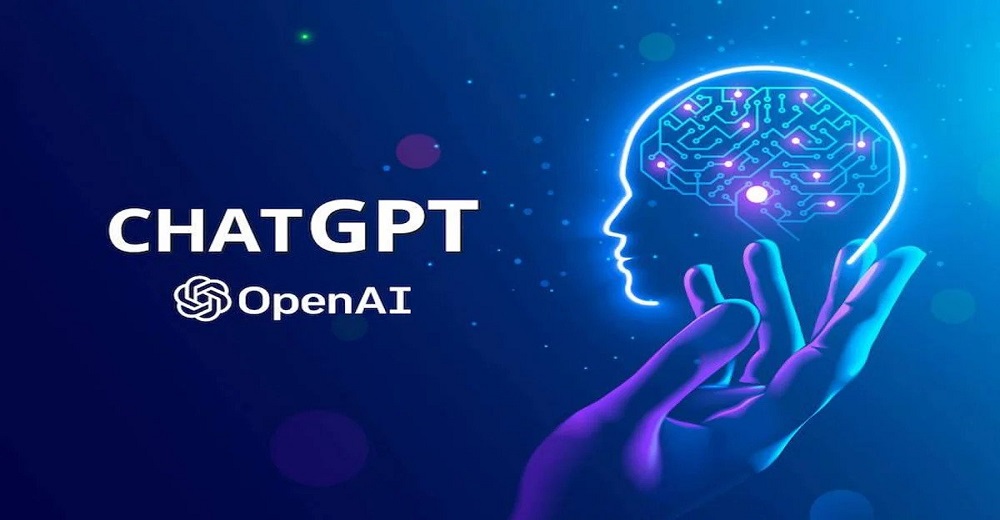
Artificial Intelligence is Here to Stay
Artificial Intelligence is a hot topic right now. The creator of ChatGPT, Sam Altman, just had a hearing with Congress in May this year and Congress asked some scary questions, implicating that there may be some even scarier answers. Of course, it’s the job of the government to try to get ahead of things like this because the security of our citizens is always at stake with something so voluminous. To the average citizen, however, the ones represented by said Congress, A.I. is trivial at best. Its existence brings both wonder and fear. Classic Sci-Fi movies have driven the collective imagination to a point of near paranoia, with images of robots turning on the human race and taking over. The reality, however, is that the release of ChatGPT, and many see this Large Language Model as being a major development in the field of AI, is both ominous yet also, and, please allow for this dramatic pause, may truly be an opportunity for optimism. If anyone were to attempt to list all of the potential applications that AI could have, that document would be almost infinite, let alone too long to publish. But, for this publication, for this dear community of hard-working folks mainly just wanting to know, and pardon any assumptions here, how will this, among all the other changes in the world, change the day-to-day? Perhaps even more succinctly, how will AI affect the lives of our young people, who are just barely stepping into adulthood and facing a world filled with rapidly changing, life-altering technology?
Of course, educators may see an opportunity here, despite the negatives staring them in the face. One application of AI hotly discussed in education is how so many students use it to write papers, i.e. how to cheat and not do their work. The classic 5-paragraph essay on just about any topic can, after all, be produced in seconds by Chat GPT. When students discover this power before the parents or the teachers, grades will no doubt improve, but of course, not without some scrutiny. Yet, when these important issues of academic integrity are addressed and the nature of the writing assignments are changed, and not just for English classes, but for any teacher who wants a student to summarize their knowledge in writing, ChatGPT remains an intriguing tool, despite this potential use of its power NOT for good.

On Open AI’s (Chat GPT’s parent company) site, there are many creative suggestions for how to use it to assist with day-to-day tasks. It can create a travel itinerary, it can help re-write individual sentences, it can help brainstorm ideas, and it can give you how-to instructions for almost anything. The possibilities are frighteningly vast. However, if someone wanted, say, an essay on how the Roaring Twenties led to the Great Depression, and you wanted it to sound like F. Scott Fitzgerald wrote it himself, ChatGPT makes better than a college try at it. The data input that teaches this Large Langue Model, after all, includes anything ever published by Fitzgerald, and then some. So, if an English student is curious how a favorite author might approach a certain topic and in what tone, the out given is a highly educated guess, which is better than most of us can probably do.
Even at the risk of using nuanced and esoteric examples like the one above, it stands wise to recognize that human skill development lies in the method the AI is prompted. College professors and public school educators have posited that the introduction of ChatGPT to the world of English class is a lot like when the calculator was introduced to the math class. Conceptually, it allows humans to take their focus off of tedious tasks and put it towards more creative endeavors. Opponents of ChatGPT will no doubt argue that the skills taught in an English class, as part of the recognized national curriculum, should not be replaced by this supposed calculator for ELA. If the kids can’t write it’s easy to deduce that those same kids probably can’t think very well either. But, for those of us concerned with production in an ever-increasingly fast-paced world, we don’t assume that every skill we have now translates to a need in the future.

To illustrate, I’ve used ChatGPT to generate lesson plans, assist with grading, and even help students understand complex literary theories. For instance, when prompted with “Explain the concept of existentialism in the style of Albert Camus,” ChatGPT provides an insightful response that can serve as a supplementary teaching aid.
In the three years I’ve been teaching in this close-knit community, I’ve come to deeply respect the values that bind us—hard work, ingenuity, and a sense of communal responsibility. While the notion of a machine generating human-like text might initially seem out of place here, it’s worth remembering that we’ve always been a community that embraces useful tools. Just as tractors revolutionized farming and the internet has kept us connected in challenging times, ChatGPT and similar technologies offer new possibilities.
As we guide our young people into a future that’s changing faster than ever, let’s not close the door on the tools that could help them—and us—navigate it more effectively. Instead of viewing ChatGPT as a threat to our way of life, let’s see it as an opportunity: a chance to equip our students with the skills they’ll need in a world we can scarcely imagine. After all, the best way to predict the future is to have a hand in shaping it. And in a world that’s increasingly complex, isn’t it comforting to know that we have more tools at our disposal to tackle it head-on?






